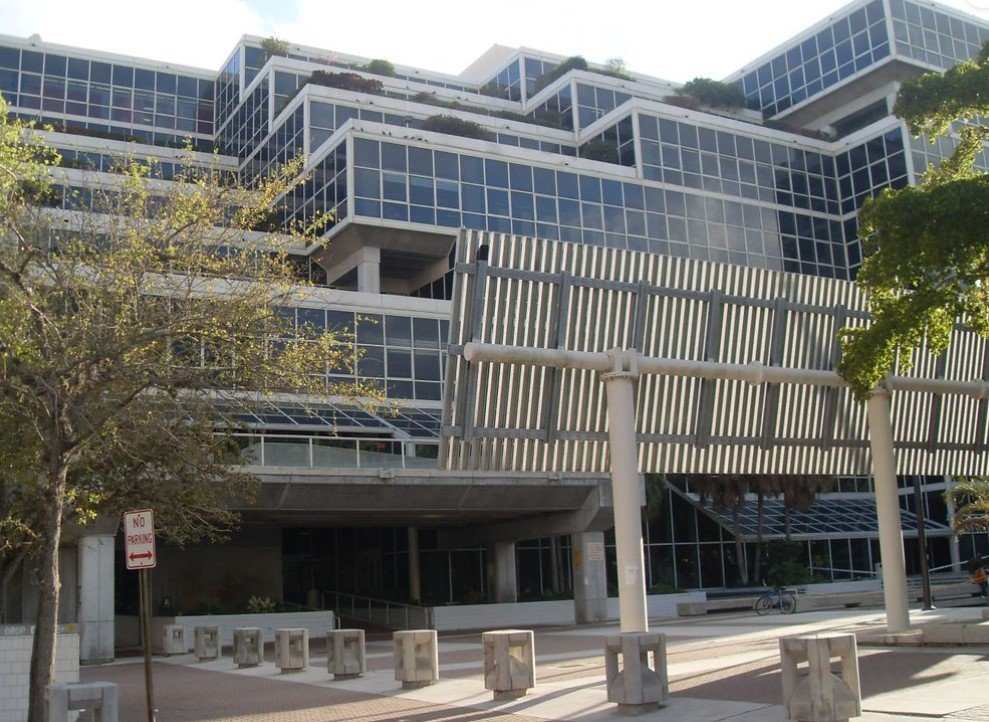Broward County, the second-largest school district in Florida, is exploring the possibility of offering high school classes four days a week instead of the traditional five. The idea is part of a broader plan to improve student achievement, teacher retention, and operational efficiency in the district.
The four-day week model is not new in the U.S. education system. According to a recent report, nearly 900 school districts in 26 states currently use a four-day weekly academic schedule. Most of these districts are located in rural areas, where transportation costs and teacher shortages are major challenges.
However, Broward County is not a rural district. It serves more than 260,000 students in 330 schools, making it the sixth-largest school district in the nation. So why is it considering a four-day week for its high schools?
According to Superintendent Robert Runcie, the main reason is to provide more flexibility and choice for students and teachers. He said that a four-day week would allow students to take more online courses, dual enrollment courses, internships, or extracurricular activities on the fifth day. It would also give teachers more time for professional development, collaboration, and planning.
Runcie said that the four-day week model is not intended to save money, but to improve the quality of education. He cited research that shows that students in four-day week schools perform as well or better than their peers in five-day week schools. He also said that the four-day week could help attract and retain teachers, who are facing burnout and stress amid the pandemic and other challenges.

How Would It Work?
The four-day week model is still in the early stages of discussion and planning in Broward County. The district has not decided which high schools would participate, how many hours per day students would attend, or what services would be available on the fifth day.
However, some general guidelines have been proposed. The district said that the four-day week would not reduce the total instructional time for students, but rather extend the school day by about an hour. The district also said that the four-day week would not affect the elementary and middle schools, which would continue to operate on a five-day week schedule.
The district plans to conduct surveys and focus groups with students, parents, teachers, and staff to gather feedback and input on the four-day week model. The district also plans to consult with experts and other districts that have implemented or considered the four-day week model. The district hopes to have a pilot program ready by the 2024-25 school year.
What Are the Pros and Cons?
The four-day week model has both supporters and critics, who have different views on its benefits and drawbacks. Here are some of the common arguments for and against the four-day week model:
Pros
- It could improve student engagement, motivation, and attendance, as students would have more opportunities to pursue their interests and passions on the fifth day.
- It could reduce teacher turnover, absenteeism, and burnout, as teachers would have more time for professional growth and work-life balance.
- It could save money on transportation, utilities, and maintenance, as the district would operate fewer buses and buildings on the fifth day.
- It could reduce the environmental impact of the district, as it would consume less energy and emit less greenhouse gases on the fifth day.
Cons
- It could create childcare and supervision challenges for working parents, who would have to find or pay for alternative arrangements on the fifth day.
- It could widen the achievement gap between low-income and high-income students, as low-income students may have less access to quality online courses, dual enrollment courses, internships, or extracurricular activities on the fifth day.
- It could affect the quality of instruction and learning, as students and teachers may have difficulty adjusting to longer school days and shorter school weeks.
- It could reduce the availability of school-based services, such as meals, counseling, and health care, for students who rely on them on the fifth day.
What Do You Think?
The four-day week model is a controversial and complex issue that has no easy or definitive answer. It involves weighing the pros and cons, considering the needs and preferences of different stakeholders, and evaluating the evidence and outcomes of similar initiatives.
What do you think about the four-day week model for Broward County high schools? Do you support or oppose it? Why or why not? Share your thoughts and opinions in the comments section below.
